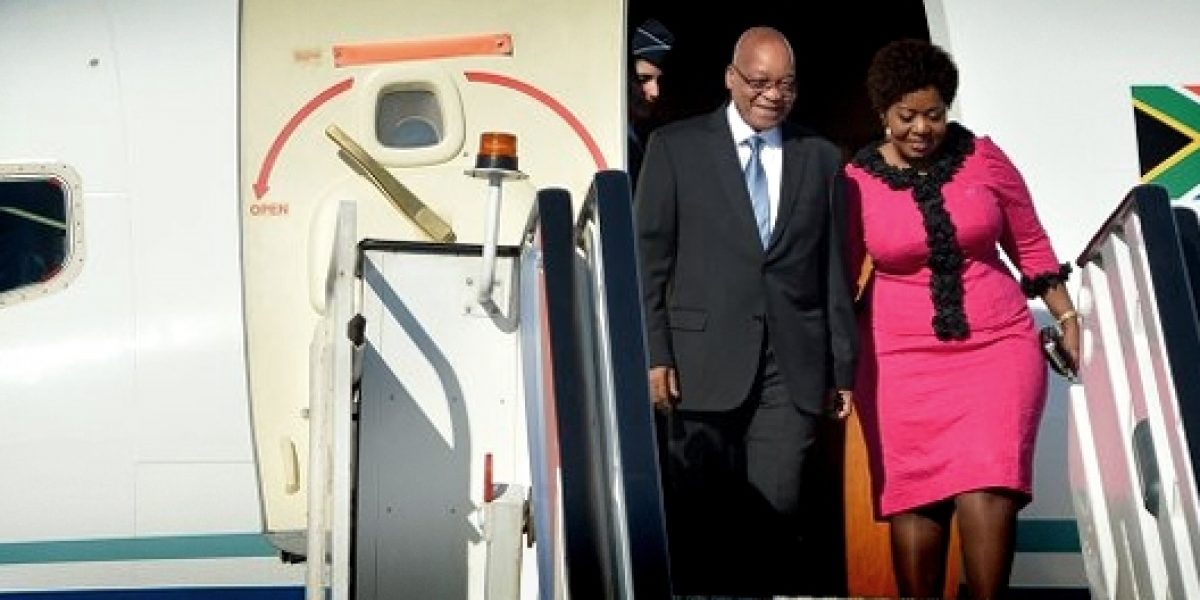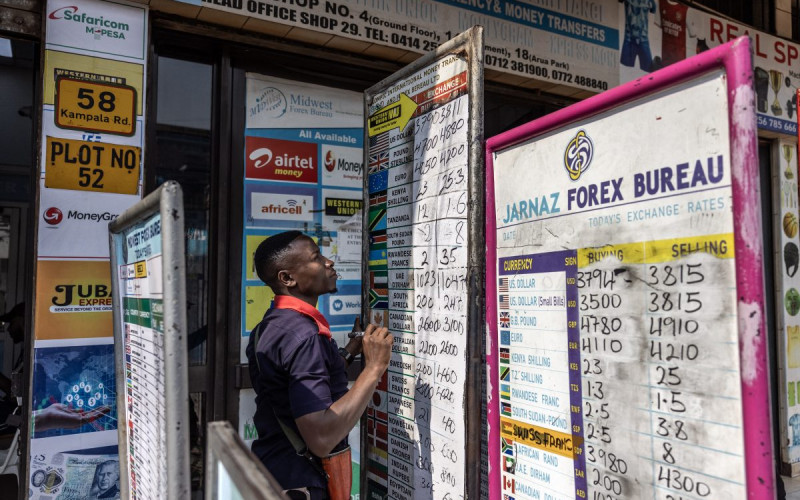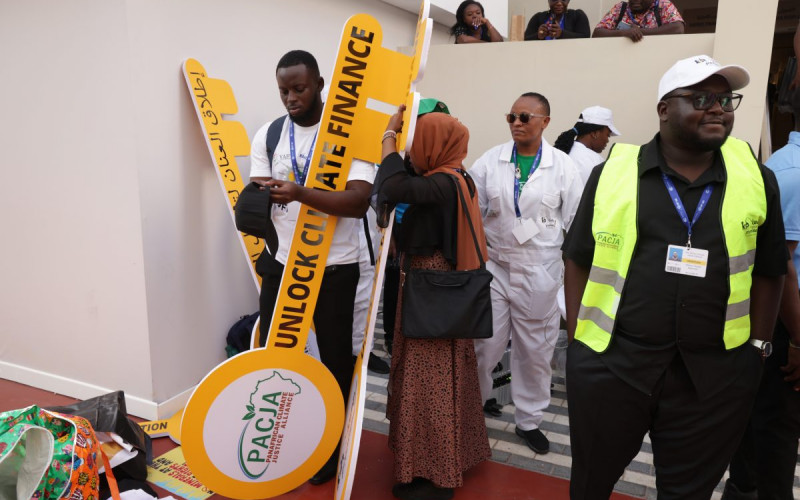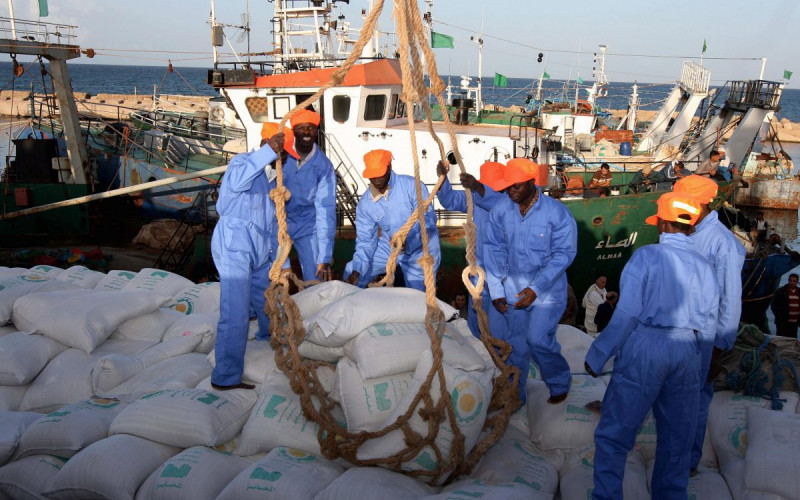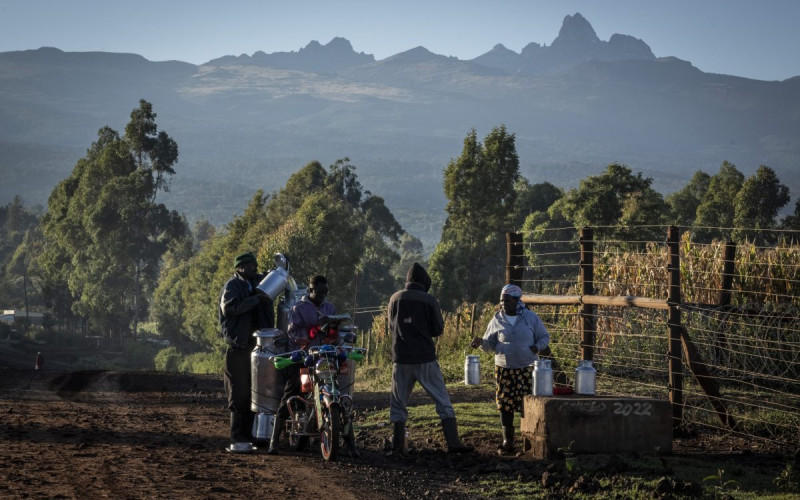Therefore, the developed world’s financial crisis will still animate technical discussions. Since many European countries face sovereign debt crises and need fiscal revenues, the focus is on alleged tax avoidance by multinational corporations.
Meaningful G-20 global co-ordination hangs on whether economic interests among the members are sufficiently aligned; sacrifice for the greater global good is not likely. But when the G-20 does get it together, as happened with the revision of the Basel 3 financial regulation codes, the impact on emerging markets such as South Africa can be substantial.
Basel 3 obliges our local banks to reduce long-term asset portfolios, principally home loan books, relative to accumulation of medium-term assets. This partly explains the recent growth in “unsecured lending” here, raising important regulatory issues and political questions concerning the future of home loan financing.
Since there is an apparent political consensus in the G-20 to crack down on tax avoidance, this space needs to be watched for potential effects on South Africa’s corporates and its economy. The debate centres on “base erosion and profit shifting”.
It started before the financial crisis, when NGOs questioned whether multinationals were paying enough tax in developing countries. From 2008 developed countries hurt by the global slowdown and short of tax revenue also started to question the tax strategies of multinationals.
In the Organisation for Economic Co-operation and Development’s (OECD’s) council meeting in May, a declaration on base erosion and profit shifting was signed by various finance ministers, including South Africa’s. It contained strong language such as “serious risk to tax revenues, tax sovereignty, and trust in the integrity of tax systems of all countries that may have a negative impact on… growth and employment globally”.
One wonders what has changed. Have some new “evil” tax schemes been designed to suck profits from unsuspecting countries? Have tax advisers suddenly become pariahs, together with their banker colleagues? Interestingly, the tax-to-gross domestic product ratio of developing countries has been half that of developed countries for many years.
Developing countries have relied on indirect taxes, such as customs duties, rather than complex direct tax systems. If developed countries cannot police complex direct tax structures, what hope do developing countries have?
It will be interesting to see how this base erosion and profit shifting debate and action plan unfolds in the developing and developed world, respectively. Will it just create more rules that require expensive international tax lawyers to understand and unravel?
Developed countries would be better placed to implement these. Can it really change how the global tax system works? That seems unlikely. Transfer pricing, anti-avoidance principles and rules are complex and unlikely to change.
We should not lose sight of what started this debate, namely NGO pressure on multinationals. NGOs, like Christian Aid, are becoming much more sophisticated in understanding taxation at a global level. For example, their document entitled “Tax Justice Strategy” shows that they are serious about keeping an eye on OECD and G-20 tax discussions.
Christian Aid’s strategic objectives include: promoting fair and effective national tax systems; promoting changes to the social system that minimise tax dodging; promoting changes to the regulatory framework to enable states to prevent illicit capital flight and obtain their fair share of tax; promoting co-operation at regional and international level to stop harmful tax competition; and strengthening the global movement for tax justice.
On the face of it these objectives are laudable. However, phrases such as “tax dodging”, “fair share”, “harmful tax competition” and “tax justice” are rather emotive. If one were to ask any international tax lawyer, or chief financial officer of a multinational, whether she sees herself as assisting tax dodgers, the answer would most likely be a resounding “no”.
So who are the tax dodgers? A lot has to do with perceptions of what is read in annual financial statements. Very few companies really disclose their “full” tax liability, including all indirect taxes notably VAT, customs and excise duties, and fuel levies in addition to direct taxes such as corporate and payroll taxes, as this is not legally required. From the OECD’s documentation on base erosion and profit shifting provided for the G-20, it seems the focus is on direct taxes, potentially excluding indirect taxes.
Direct taxes are becoming more important for developing countries. In South Africa about 45 percent of total tax collections come from indirect taxes, but very few companies disclose this information. Why not? Is there a gap between tax authorities’ view and corporate perspectives, which in turn fuels negative perceptions?
One can see sophisticated companies understand their full tax liability, yet their reporting opens them up to criticism. For example, last month Sasol disclosed its full local tax liability of R15bn, in response to the SACP calling for a windfall tax on it. It is vital that the reporting agenda is widened to include all taxes. Should the accounting standards be amended to ensure all taxes paid are formally disclosed? Should sustainability and integrated reports be used to take this issue forward? As a strategic proposition, if you don’t measure it and report it, you will never manage it.
With the Davis Tax Commission looking at South Africa’s tax system, one wonders: will there be any effect on the global tax accounting and reporting agenda, like our Mervyn King did for integrated reporting?
On the other hand, how could the global agenda effect the attractiveness of the local investment environment for multinationals, at a time when the country is increasingly regarded as risky? How could it affect, for example, the Treasury’s objective to use South Africa as a gateway into Africa?
Even if the St Petersburg summit does not deliver much, we watch the base erosion and profit shifting debate and local Davis tax initiative with particular interest. So should SA Inc.

